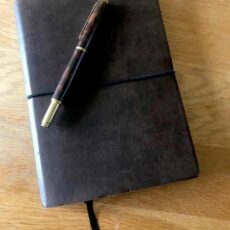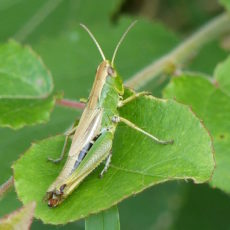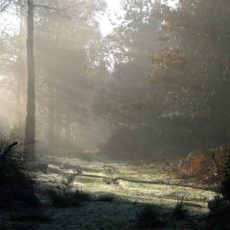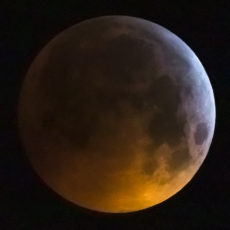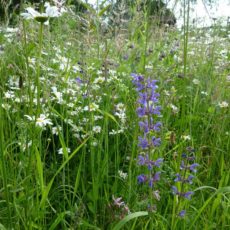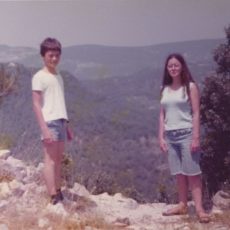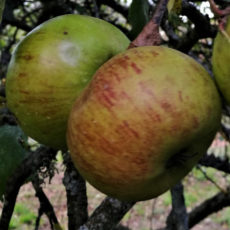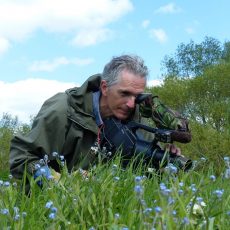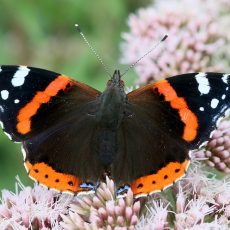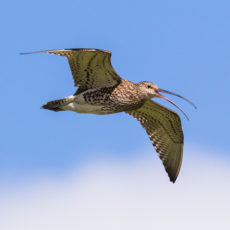Guest post by Richard Harrison
On the 23rd March 2020, in order to reduce the spread of the coronavirus SARS-CoV-2, the British Prime Minster Boris Johnson announced to the House of Commons that the UK government would be informing people that they must stay at home and that certain businesses should close.
I therefore joined 1.7 million people and started working from home, with the inability to visit friends and family, and to only leave the house for essential business and for one hour’s exercise per day.
These are selected entries from the diary I kept during this unique period in our history, recording the wildlife in our small garden in a town near Oxford.
Read more
